merchant funding
Co-founders of $2B Recurring Revenue Funding Platform Step Down
November 27, 2022 It’s not a loan, it’s a trade. That’s the mantra of Pipe, an alternative finance platform that allows businesses to trade their future recurring revenues in exchange for upfront capital today. It sounds similar to a merchant cash advance but the company has rejected such comparisons in the past. It instead branded itself as the “Nasdaq for revenue” and grew itself into getting a $2 billion valuation just last year.
It’s not a loan, it’s a trade. That’s the mantra of Pipe, an alternative finance platform that allows businesses to trade their future recurring revenues in exchange for upfront capital today. It sounds similar to a merchant cash advance but the company has rejected such comparisons in the past. It instead branded itself as the “Nasdaq for revenue” and grew itself into getting a $2 billion valuation just last year.
Last week, however, all three co-founders announced they were stepping down from their roles. In an exclusive with Techcrunch, Pipe co-CEO Harry Hurst said that they realized they needed an executive team that could really take the company to the next level, explaining that “we’re 0-1 builders, not at-scale operators.”
The following day, a story in Forbes suggested that there was more to the announcement, drawing attention to the possibility that Pipe had facilitated deals with bitcoin mining companies and that a source had said that some of them had gone bad. A since deleted tweet by a VC had said that there had been a significant loss on at least one of them.
The timing of Hurst’s resignation, announced before a new CEO could even be hired, allowed rumors to swirl. On Sunday night, Hurst finally addressed them.
4/ We haven’t “loaned $80M to a bitcoin mining company” and “lost it all”. We do have some customers in the space, but none of them have gone to zero.
— Harry Hurst (@harryhurst) November 28, 2022
6/ On the $70M personal loan rumor (perhaps the most bizarre): I haven't taken a loan from Pipe or any other loan against my holdings in Pipe.
— Harry Hurst (@harryhurst) November 28, 2022
11/ Now that’s all been addressed – back to building.
— Harry Hurst (@harryhurst) November 28, 2022
A tweet by a VC that had originally fueled some of the unflattering rumors has since been deleted.
How One CEO Unified Two Companies with Different Cultures on Different Coasts
March 21, 2018 Company mergers, like marriages, have their pros and cons. Some are more successful than others and many say it’s unwise to rush into one. This is certainly the approach Adam Stettner adopted when he, as CEO of San Diego, CA-based Reliant Funding, oversaw the merger of his company with Merchants Capital Access, based in Melville, NY on Long Island.
Company mergers, like marriages, have their pros and cons. Some are more successful than others and many say it’s unwise to rush into one. This is certainly the approach Adam Stettner adopted when he, as CEO of San Diego, CA-based Reliant Funding, oversaw the merger of his company with Merchants Capital Access, based in Melville, NY on Long Island.
At the time of the merger in April 2015, Merchants Capital Access was an MCA funder. According to Stettner, they were what he considered a “back end” as they didn’t do marketing or sales. They did underwriting and funding, but they did not originate any new business.
Reliant Funding, which Stettner led, did almost the inverse. While it did some cursory underwriting, it mostly marketed and sold funding to small businesses. It would also package small business merchants and place them for appropriate funding. But they did not fund directly. So, it seems, these two companies made for a perfect marriage. They completed each other. But not so fast.
Even though Stettner had considerable experience working as a direct lender in the student loan business prior to taking the helm at Reliant Funding in 2008, he didn’t feel ready to dive into funding a different type of client. (Stettner said he originated and held on his balance sheet $15 billion in student loans at National Lending Associates, a San Diego company he co-founded.)
“I felt like it was easy for somebody to come into the [merchant advance] space and start writing checks and funding businesses,” Stettner said. “It’s hard to figure out how to get that money back. So instead of jumping in with both feet, I thought it would be wise to really understand our target demographic, our end user, the small business owner.”
So while the technical merger of Reliant Funding and Merchants Capital Access happened in April 2015, the newly enlarged entity operated as two distinct brands until September 2017.
During this period, Stettner said, “we were studying everybody’s credit models and the best way to approach American small business owners, the best way to fund them, the best way to service them, and ultimately, the best way to renew them.”
This roughly two year period between the time of the actual merger and the official fusion of the two companies, now simply called Reliant Funding, was not just for Stettner to learn about funding small businesses. A lot more needed to happen to sync together a southern California company and a New York City-area company, each with different corporate cultures, attitudes and ways of getting work done.
“Getting 150 people with different views on work, culture, approach and strategy wasn’t easy,” Stettner said. “But it was definitely worthwhile and it was a lot of fun. There were times, of course, when it was frustrating as well.”
The stereotype of southern California being more laid back doesn’t hold up, according to Stettner, who grew up in New York and has worked in southern California for 14 years.
“While the environment may be laid back in appearance, the effort that’s put forth and the intensity that exists in the southern California office is no less than what you see out from our New York office,” Stettner said. “Both work incredibly hard and have great attitudes.”
However, he did say that the original culture in the New York office (formerly the Merchants Capital Access office) was much more centered around management decisions and Stettner made a point of bringing a culture of empowerment to that office.
What does that look like exactly?
“We talk [with employees] not only about the top line numbers, but also the bottom line numbers with the idea of empowering everyone,” Stettner said. “It’s important to me that everybody knows the why behind what we do. If people understand why we do something, it’s easier for them to get behind it, and they’re better equipped to offer an opinion that can help get us there faster.”
Now as Reliant Funding, Stettner said that the company is fully integrated under the one brand with unified systems and technology. The company is a funder with a sales team focused on direct origination. It also continues to grow what Stettner calls the wholesale channel or broker channel.




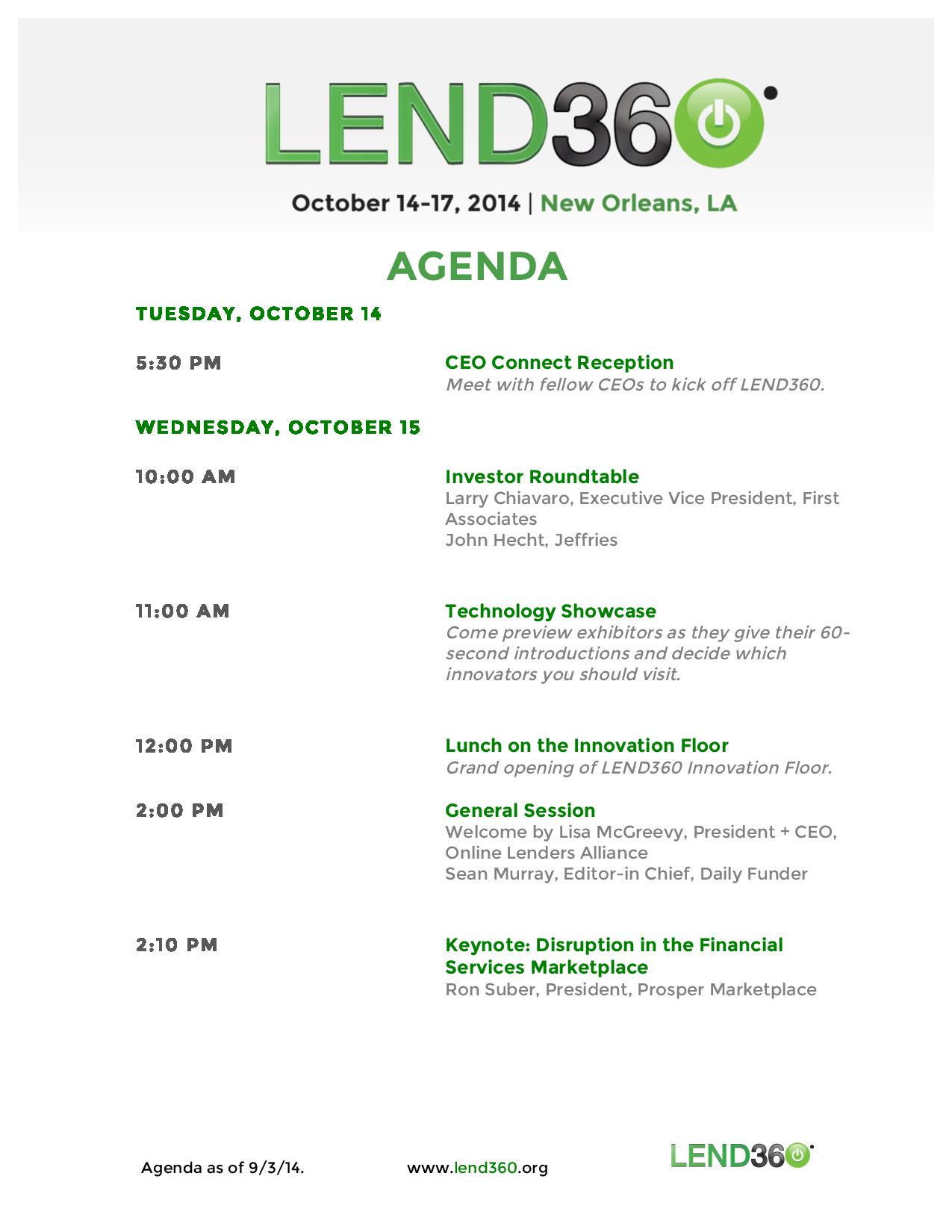
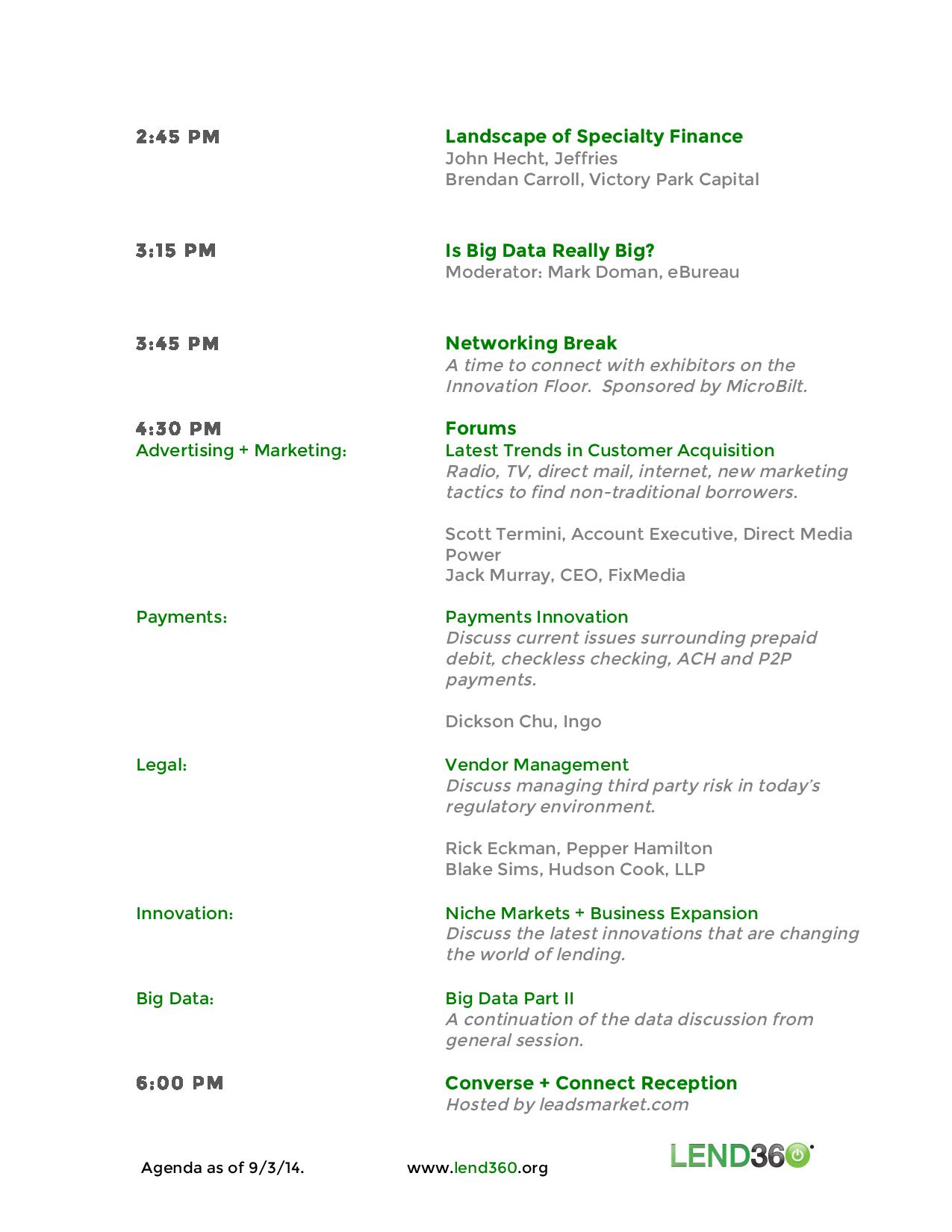
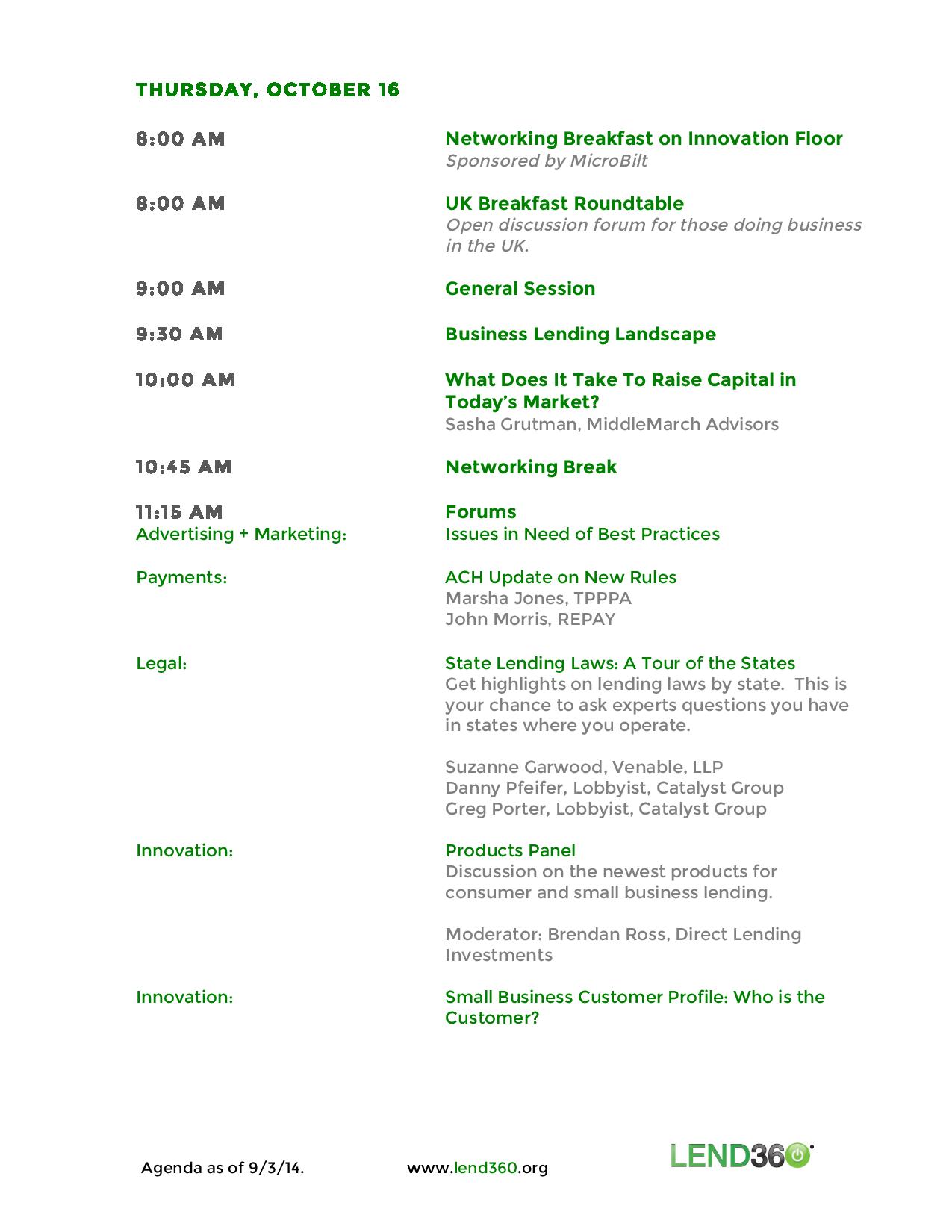

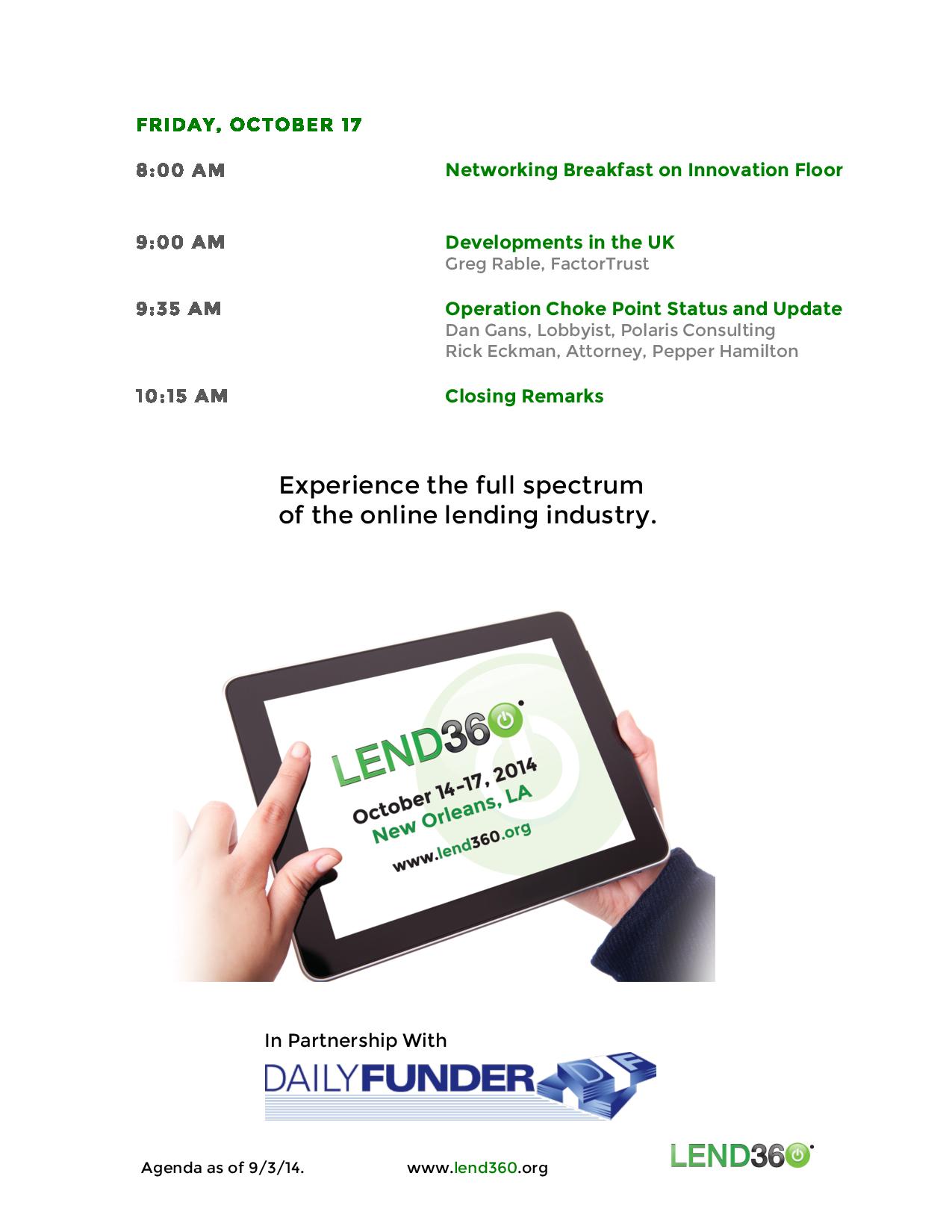

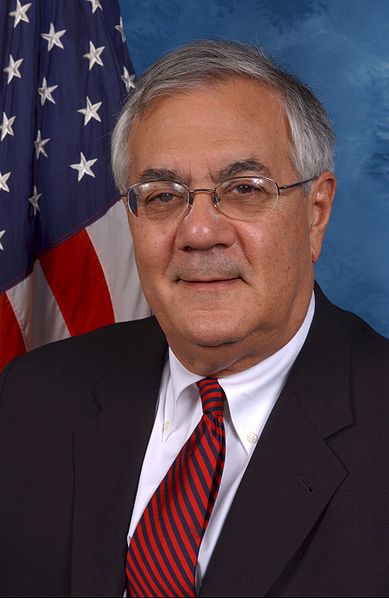 Frank, who was the key author of the Dodd-Frank Wall Street Reform and Consumer Protection Act that was signed into law in 2010, was a longtime champion of consumer financial protections. But he sings a different tune when it’s all about business. Many people may not realize that he opposed the Durbin Amendment of the Dodd-Frank Act, the addition that placed caps and restrictions on debit card interchange fees. Federal restrictions on how much a business can charge another business? Not his thing…
Frank, who was the key author of the Dodd-Frank Wall Street Reform and Consumer Protection Act that was signed into law in 2010, was a longtime champion of consumer financial protections. But he sings a different tune when it’s all about business. Many people may not realize that he opposed the Durbin Amendment of the Dodd-Frank Act, the addition that placed caps and restrictions on debit card interchange fees. Federal restrictions on how much a business can charge another business? Not his thing… Prosper’s President Ron Suber and LendingClub’s CEO Renaud Laplanche have previously explained that there is still a large opportunity for growth because most people still don’t know non-bank lending options exist.
Prosper’s President Ron Suber and LendingClub’s CEO Renaud Laplanche have previously explained that there is still a large opportunity for growth because most people still don’t know non-bank lending options exist.
 It’s not easy being in the lending business. Just talking about money can make people uncomfortable. Bringing up how much money you have, don’t have, or wish you had is like bringing up
It’s not easy being in the lending business. Just talking about money can make people uncomfortable. Bringing up how much money you have, don’t have, or wish you had is like bringing up  Another day, another capital raise for some company or other involved in alternative business lending. That’s the way it is these days, but the news about the
Another day, another capital raise for some company or other involved in alternative business lending. That’s the way it is these days, but the news about the 


























